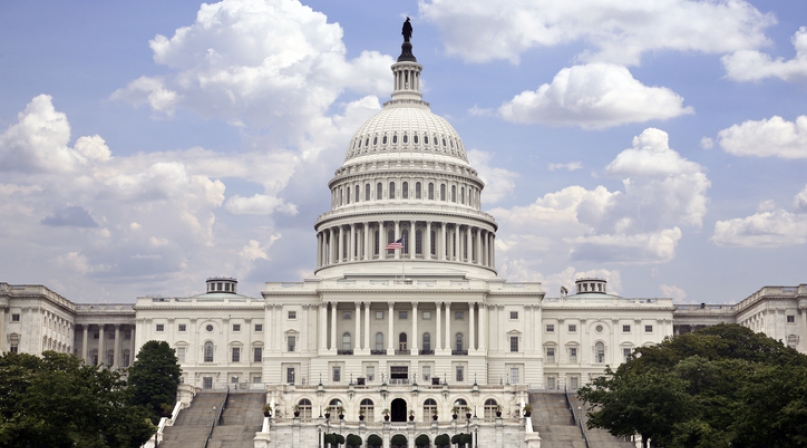NACo invites county leaders to sign on to behavioral health advocacy letter to Congress
Author

Blaire Bryant
Upcoming Events
Related News

Key Takeaways
The National Association of Counties (NACo) is asking county leaders to sign on to a letter urging Congress to include key county behavioral health priorities in a bipartisan end-of-year legislative package that improves our ability to provide comprehensive behavioral health services in all settings, strengthens the behavioral health workforce and increases resident access to services.
Following the expiration of the current short-term funding measure in December, Congress will have the opportunity to consider and pass behavioral health policies that would improve the lives of millions of Americans before the end of the year. As key intergovernmental partners, counties are urging lawmakers to support the following policies on behalf of our residents in need of care:
- Amendment of the Medicaid Inmate Exclusion Policy (MIEP)
- Repeal of the Institutions for Mental Diseases (IMD) exclusion
- Direct and flexible grant programs to counties to support the recruitment, training and retention of a sufficient behavioral health workforce
- Sustained federal funding to support local crisis response infrastructures through Medicaid
- Enforce policies that ensure equal coverage of treatment for mental illness and addiction
Counties are integral to the nation’s behavioral health system, as both fiscal contributors and coordinators of behavioral health services within county-owned and operated community health facilities. By directing resources to community-based treatment and services, we can better serve residents with behavioral health conditions, reduce reliance on the criminal legal system and direct valuable resources toward improving stability and health.
Click here to view the full letter. To support our efforts to advance these policies, please sign on to the letter by clicking here.
ADDITIONAL RESOURCES
Resource
Behavioral Health Matters to Counties

Related News

Drug tracking software helps counties identify trends, save lives
Florida counties are using an artificial intelligence tool called Drug TRAC to track and report drug trends, with the aim of providing quicker outreach and saving lives.

White House Executive Order establishes national substance use disorder response
On January 29, the White House issued an Executive Order (EO) establishing the Great American Recovery Initiative, a new federal effort aimed at coordinating a national response to substance use disorder (SUD).

USDA and HHS release new dietary guidelines
On January 7, U.S. Department of Agriculture Secretary Brooke Rollins and U.S. Department of Health and Human Services Secretary Robert F. Kennedy, Jr. unveiled the new Dietary Guidelines for Americans, 2025–2030.